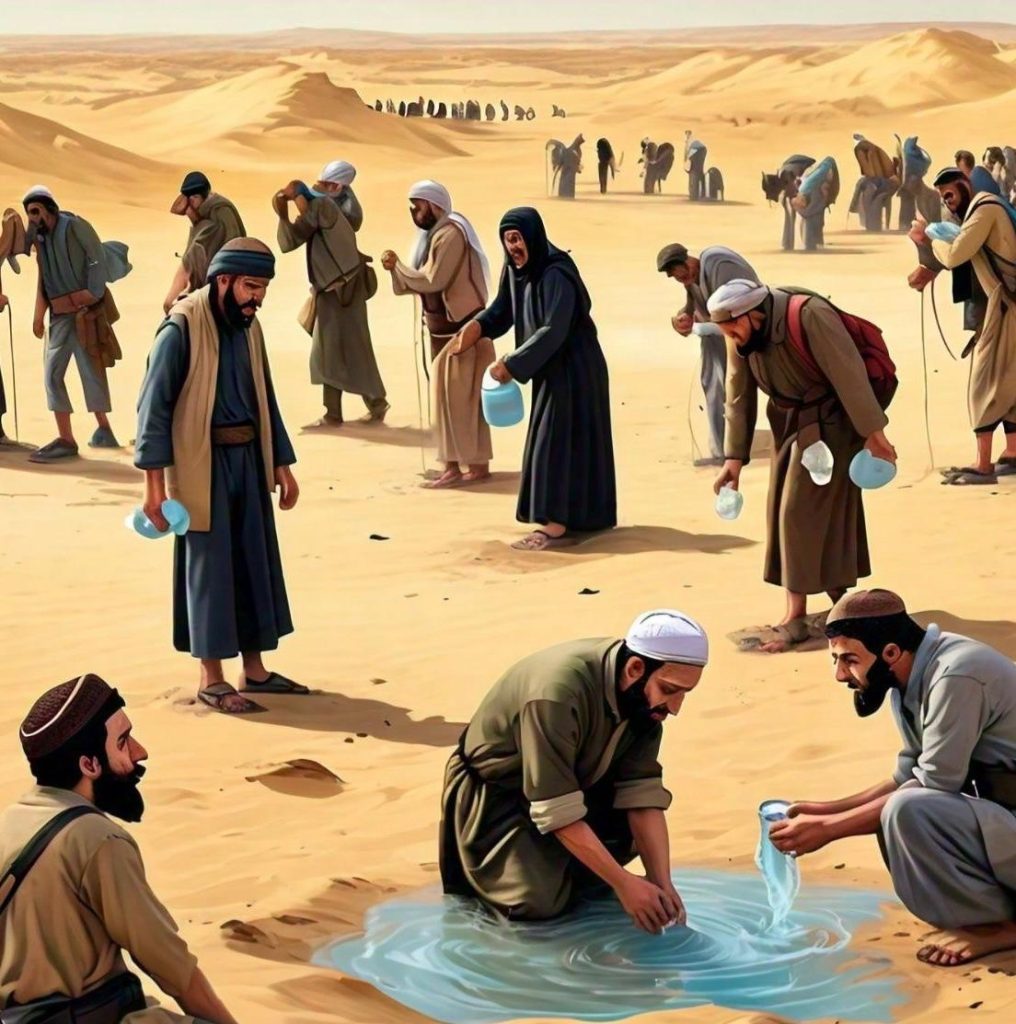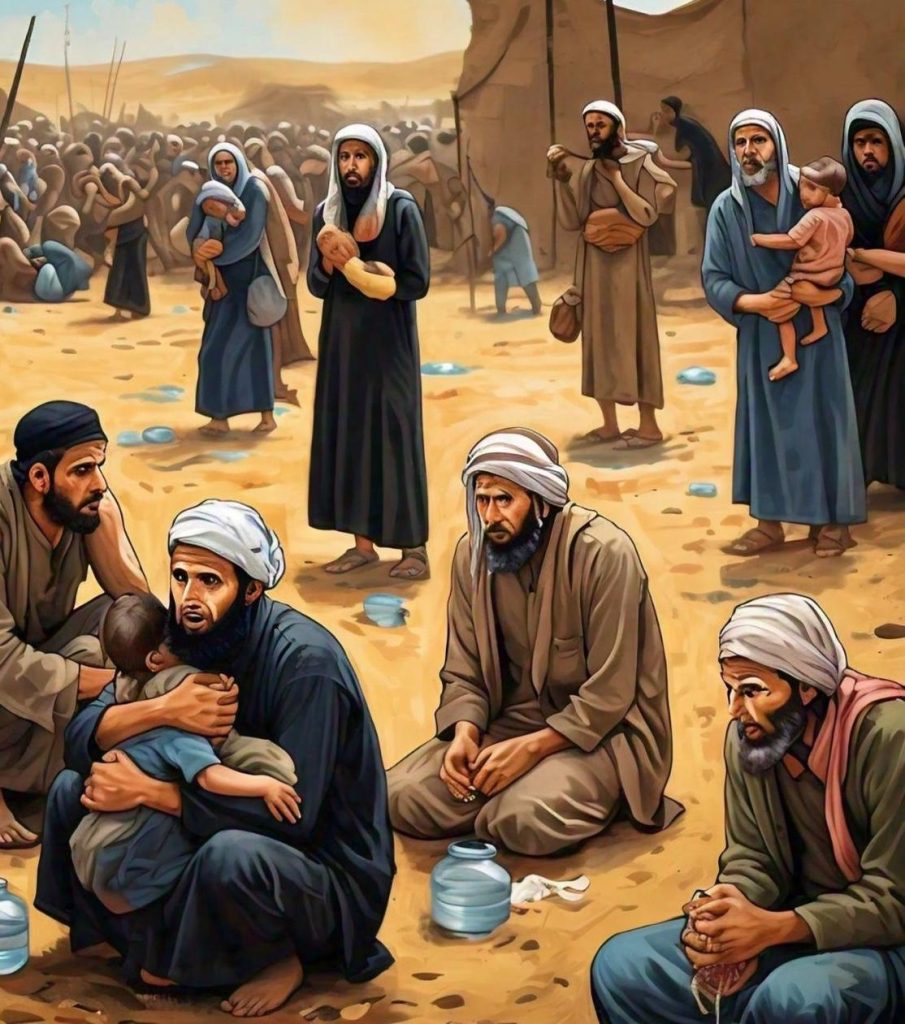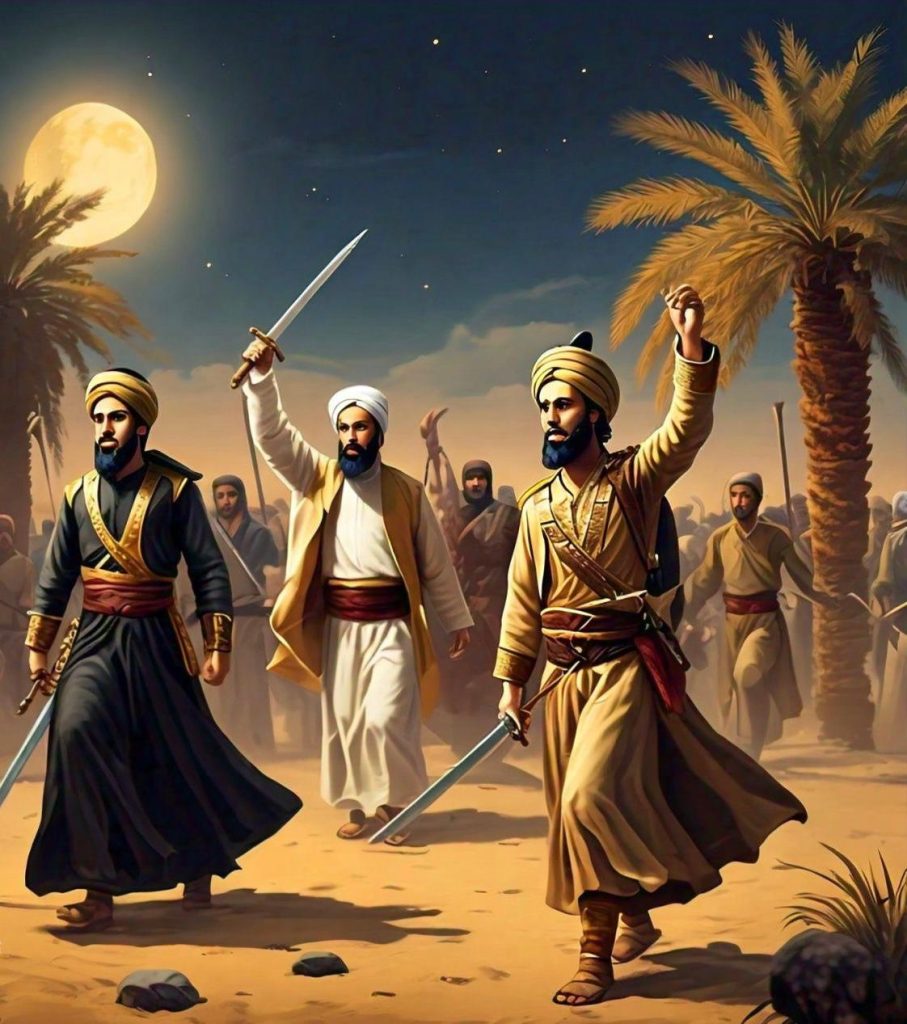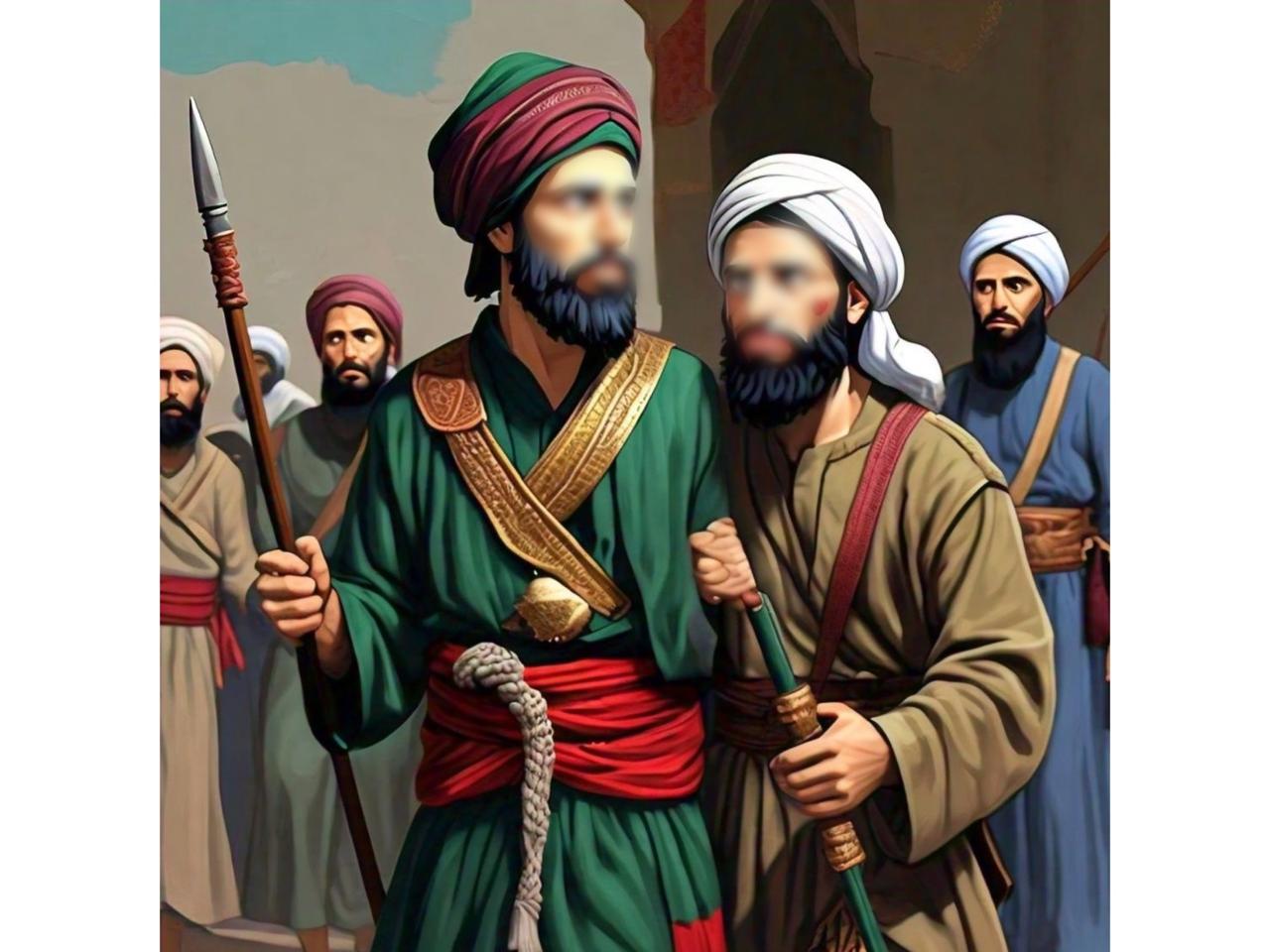Story of Hussain A.S. | The Event of Karbala | Best Short Story For Kids Shia
Listen To Imam Hassan’s A.S, One Of The Best Short Stories For Kids Shia (Audio)
Introduction: The Tragic Event of Karbala
The story of Imam Hussain (A.S.) and the tragic event of Karbala is one of courage, faith, and sacrifice. It took place over 1,400 years ago in the year 680 AD, in a desert land called Karbala, in present-day Iraq. This story is important for Shia Muslims as it teaches us to stand up for justice, no matter the cost.
Hussain A.S. and His Family
Imam Hussain (A.S.) was the beloved grandson of Prophet Muhammad (PBUH). He was known for his kindness, bravery, and devotion to Islam. Imam Hussain had a family that included his sister, Bibi Zainab (A.S.), and his young son, Ali Asghar. Hussain (A.S.) and his family were loved by many because they always helped the needy and followed the teachings of Islam.
The Tyrant Yazid’s Rule
During Imam Hussain’s time, a ruler named Yazid came into power. Yazid did not follow the teachings of Islam properly and treated people unfairly. He wanted everyone, including Imam Hussain (A.S.), to accept him as the leader of the Muslims. Yazid wanted Imam Hussain to pledge allegiance to him, but Imam Hussain refused because Yazid’s ways were unjust.
The Journey to Karbala
Imam Hussain (A.S.) and his family set out on a journey from their home in Medina to the land of Karbala to avoid any violence. Imam Hussain knew that Yazid would not allow him to peacefully practice his beliefs, but he did not want to cause harm to others. Along the way, many companions joined Hussain (A.S.), supporting his cause for justice.

Arriving in Karbala
When Imam Hussain (A.S.) and his family reached Karbala, Yazid’s army surrounded them. The family and their supporters were denied access to water from the Euphrates River. For days, they endured the heat and thirst, but their spirits remained strong.

The Battle of Karbala
On the 10th day of the Islamic month of Muharram, known as Ashura, the Battle of Karbala took place. Imam Hussain (A.S.) and his supporters bravely fought Yazid’s large army. Despite being outnumbered, they stood firm for their beliefs. One by one, Imam Hussain’s family members and companions gave their lives for justice, including his young son, Ali Asghar.

The Martyrdom of Imam Hussain (A.S.)
Imam Hussain (A.S.) was the last to face Yazid’s army. Even in his final moments, he remained devoted to Allah and Islam. He was martyred on the battlefield, and his sacrifice became a symbol of standing against tyranny and injustice.
Bibi Zainab’s Role After Karbala
After the battle, Bibi Zainab (A.S.), Imam Hussain’s sister, took on the responsibility of protecting the surviving family members and spreading the message of Karbala. She gave powerful speeches that reminded people of Hussain’s (A.S.) stand for truth and justice. Her bravery inspired many to follow the path of righteousness.
The Message of Karbala for Kids
The story of Karbala teaches Shia Muslim children to always stand up for what is right, even when it is difficult. Imam Hussain (A.S.) showed that faith, courage, and patience can help us face any challenge. His sacrifice reminds us that truth and justice are more important than anything else.
Comprehension Questions
- Who was Imam Hussain (A.S.)?
- Why did Imam Hussain refuse to pledge allegiance to Yazid?
- What happened when Imam Hussain and his family reached Karbala?
- Why is Ashura important in the story of Karbala?
- What did Bibi Zainab (A.S.) do after the Battle of Karbala?
- What lessons can we learn from the story of Imam Hussain (A.S.)?
Moral of the Story
The event of Karbala teaches us to always stand for justice and stay true to our beliefs, even in the face of hardship. The sacrifice of Imam Hussain (A.S.) reminds us to live with courage, faith, and righteousness.
Important Note:
The story of Imam Hussain (A.S.) and the event of Karbala is an important historical account for Shia Muslims. We have rewritten it in simple words to make it easier for children to understand. Our goal is to present the story in a way that clearly conveys the moral lessons it offers. we aim to be the best Online learning for kids website, Visit us more often for more such short stories for kids Shia.








